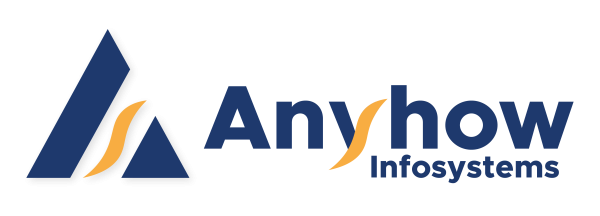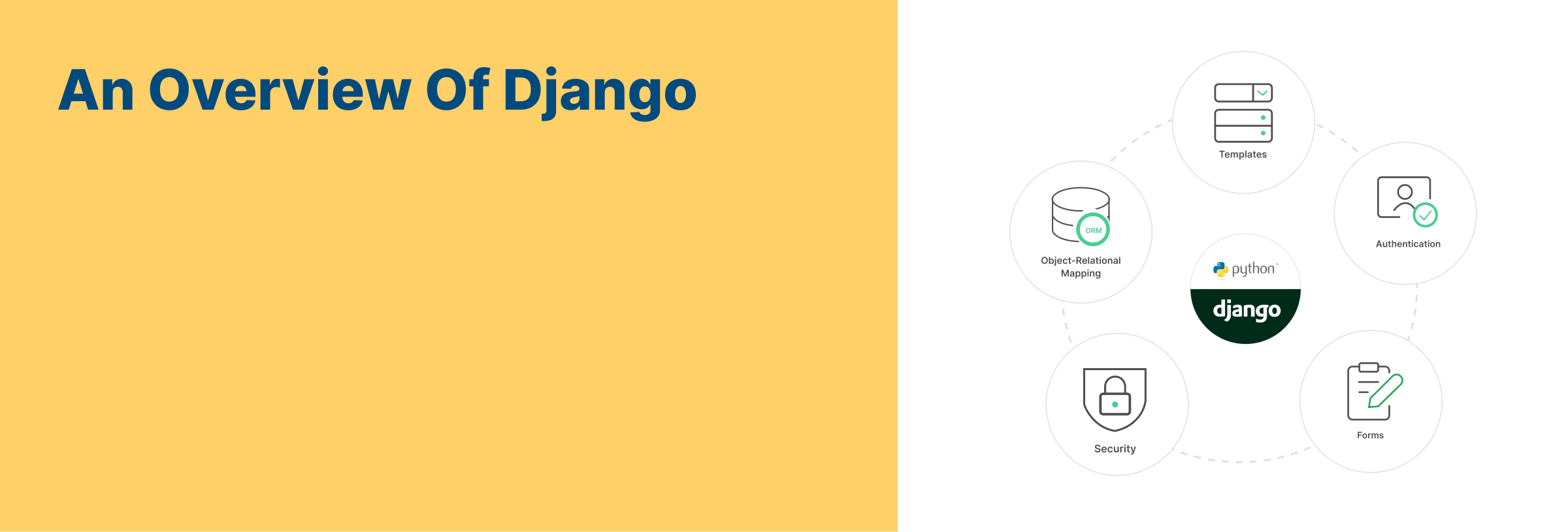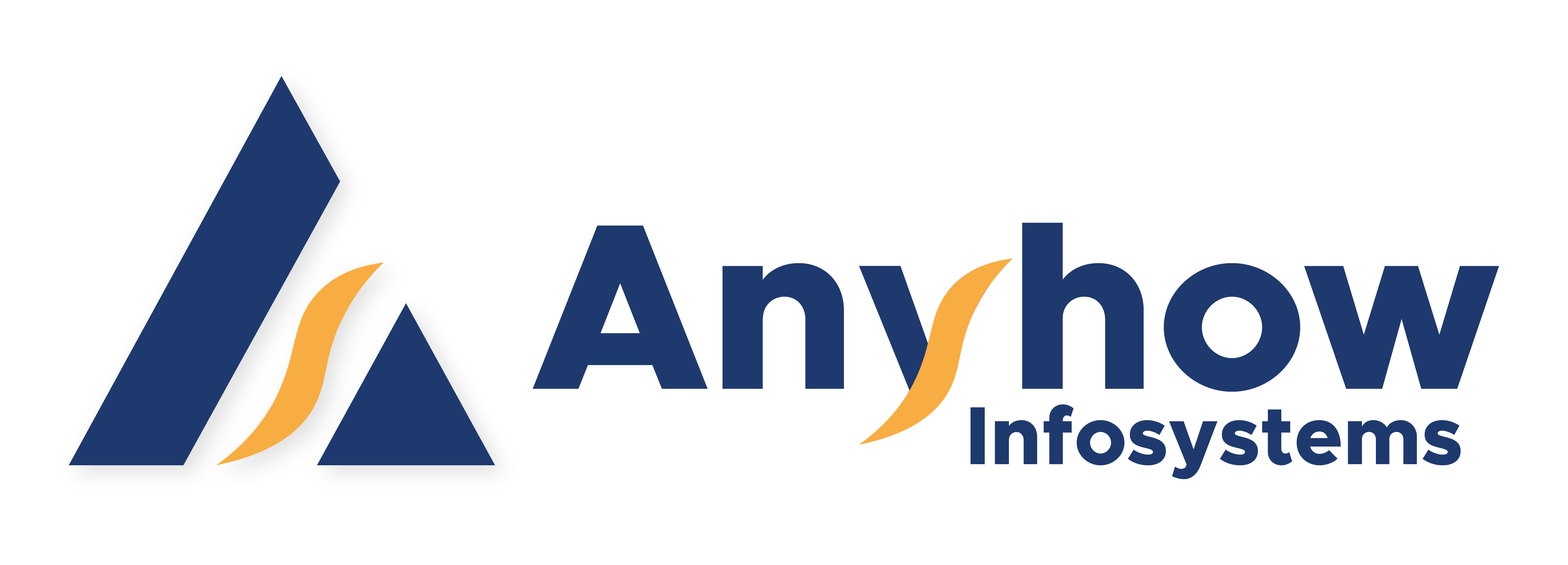An overview of Django
A Brief History
Django was developed in 2003 by Adrian Holovaty and Simon Willison while working at the Lawrence Journal-World newspaper. The framework was released publicly under a BSD license in July 2005 and has since grown into one of the most popular frameworks for web development.
Key Features of Django
- Ridiculously Fast
Django was designed to help developers take applications from concept to completion as swiftly as possible. Its emphasis on reusability, pluggability, and the DRY principle means that you can build more while writing less code.
- Reassuringly Secure
Django takes security seriously and helps developers avoid many common security mistakes, such as SQL injection, cross-site scripting (XSS), cross-site request forgery (CSRF), and clickjacking. The framework includes a robust user authentication system that handles user accounts, groups, permissions, and cookie-based user sessions.
- Exceedingly Scalable
Some of the world’s busiest websites leverage Django’s ability to quickly and flexibly scale to meet the heaviest traffic demands. Its architecture encourages scalable applications, making it a go-to choice for high-traffic sites.
- Incredibly Versatile
Django can be (and has been) used to build all sorts of things — from content management systems and social networks to scientific computing platforms. Its versatility is one of the reasons why it has been adopted by such a diverse range of companies and organizations.
Django’s Architecture
MTV Pattern (Model-Template-View)
Django follows the MTV (Model-Template-View) architectural pattern, which is a slight variation on the traditional MVC pattern:
Model: This defines the data structure. Django comes with an ORM (Object Relational Mapper) that handles database schema migrations and operations.
Template: The template system allows you to define an HTML structure that dynamically generates HTML pages based on the data passed from the views.
View: The view retrieves data from the model and passes it to the template. It’s essentially the business logic layer.
ORM (Object-Relational Mapping)
Django’s ORM provides an abstraction layer (i.e., an API) on top of the relational database, allowing developers to write database queries in Python instead of SQL. This makes database manipulation both simple and efficient.
URL Routing
Django uses a powerful URL dispatcher to route HTTP requests to appropriate views based on URL patterns. This makes it straightforward to design and manage the URLs of your application.
Forms and Validation
Django simplifies form handling and validation, providing a clean API to create and validate forms, both in HTML and Python.
Admin Interface
One of Django’s standout features is its automatically-generated admin interface, which is a highly customizable, production-ready tool for managing site content.
Django Ecosystem and Community
Packages and Plugins
The Django ecosystem is rich with third-party packages and plugins, available through the Django Package Index. These extend the functionality of the framework, covering everything from authentication to complex content management systems.
Community and Support
Django boasts a vibrant, active community that contributes to a wealth of resources, tutorials, and plugins. The Django Software Foundation (DSF) maintains the framework and ensures its ongoing development and improvement.
Why Choose Django?
Ease of Use: Django’s well-documented, modular design makes it beginner-friendly yet robust enough for advanced users.
Security: Built-in protection against many common security threats.
Scalability: Suitable for both small projects and large-scale applications.
Comprehensive Documentation: Extensive, well-organized documentation supports all levels of development.
Conclusion:
Django stands out as a robust, secure, and scalable framework ideal for web development. Whether you’re a beginner looking to dive into web development or an experienced developer seeking a powerful framework to streamline your workflow, Django offers the tools and community support to help you build and deploy your applications efficiently and effectively. With Django, you can focus on writing your app without needing to reinvent the wheel, making it the perfect choice for perfectionists with deadlines.





